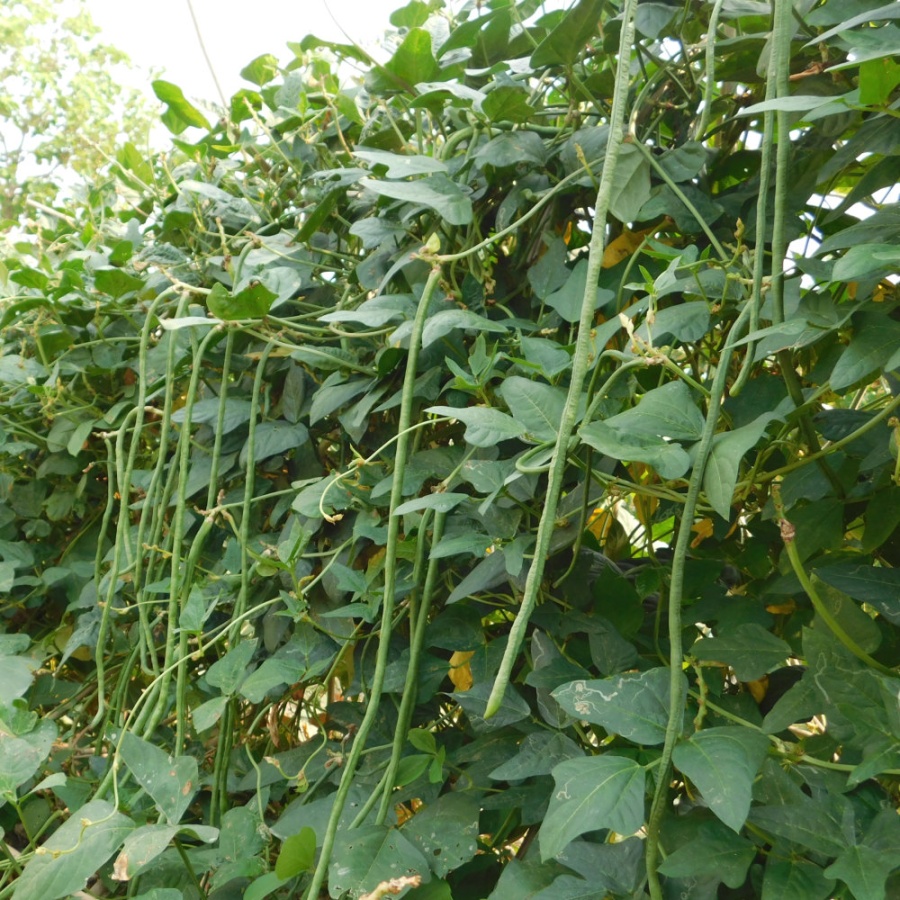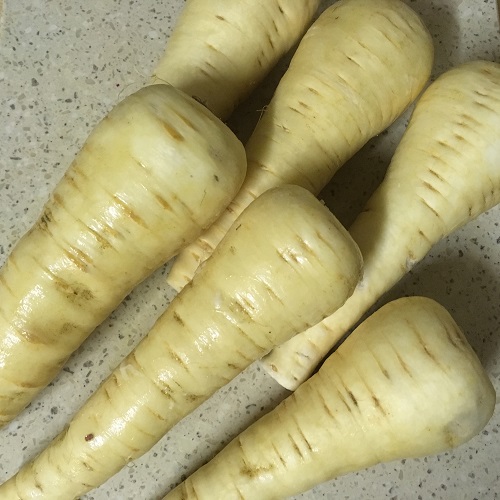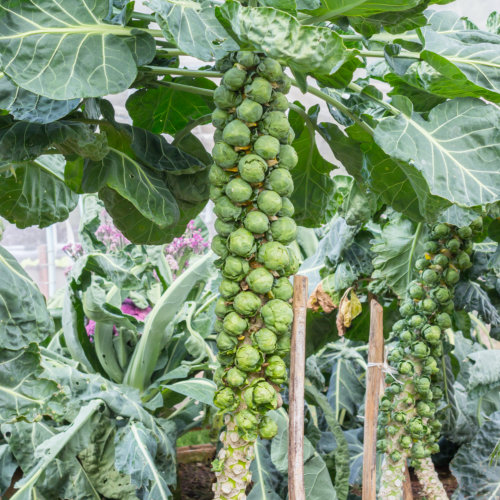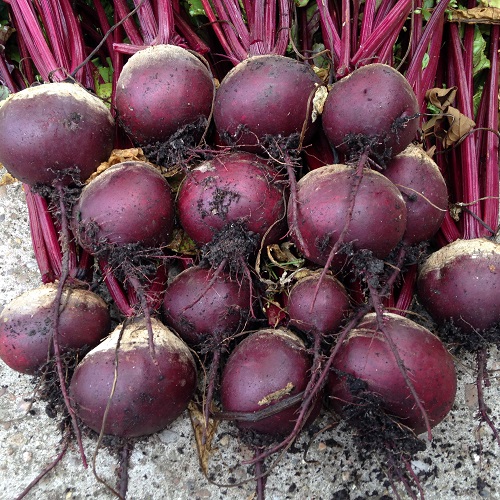Customers who bought this item also bought:
Parsnip Gladiator£1.59
£0.99
Gladiator is the market leading variety that all other parsnips.....
Average Contents : 200 seeds
Brussel Sprout Crispus
£2.79
Crispus is a clubroot resistant Maximus type - WOW!.....
Average Contents : 20 seeds
Beetroot Boltardy£0.99
£0.79
Beetroot Boltardy is the most popular variety for early and.....
Average Contents : 350 seeds
Customer Reviews
Be the first to Write a Review for this item!




